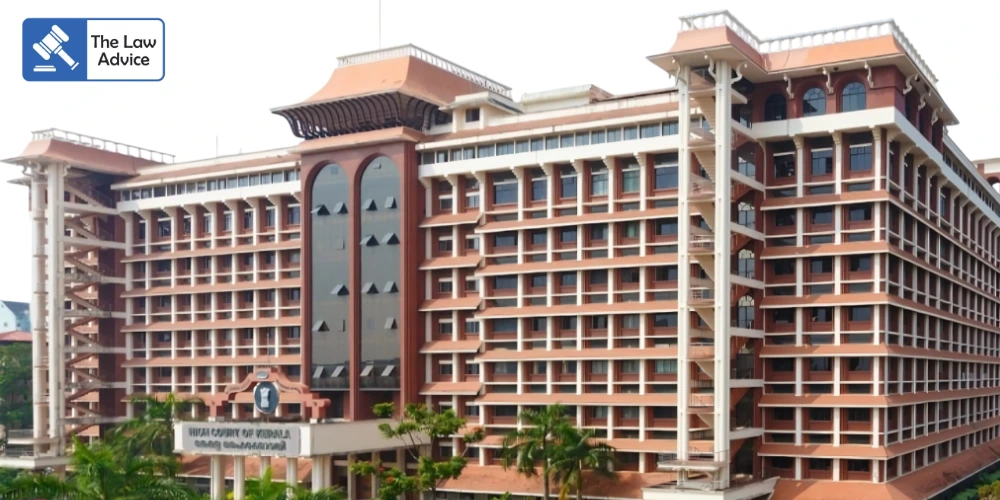The Kerala High Court on Monday raised a significant question of law regarding the requirement of prior sanction under Section 17A of the Prevention of Corruption Act, 1988, while hearing a petition filed by Additional Director General of Police (ADGP) M.R. Ajithkumar. The senior police officer has challenged the decision of a Special Vigilance Court to proceed with a disproportionate assets case against him, even though a preliminary Vigilance Enquiry had given him a clean chit.
The matter came up before Justice A. Badarudheen, who at the very outset asked the State Government whether it had obtained sanction to prosecute the public servant, as required by law.
Section 17A of the Prevention of Corruption Act (inserted in 2018) mandates that no police officer can initiate any inquiry, investigation, or action into allegations of corruption against a public servant in the discharge of official functions without prior approval from the competent authority.
Justice Badarudheen observed:
“There lies the legal issue. The question is whether the private complaint can be proceeded by the Special Judge without 17A approval. This Court is empowered to examine the legality or illegality of the matter placed before it.”
The judge stressed that statutory safeguards under the PC Act cannot be bypassed merely because the allegations appear grave.
The proceedings were initiated last year following corruption and hawala transaction allegations raised by former Nilambur MLA P.V. Anvar against Ajithkumar, who currently serves as Excise Commissioner. A private complaint was also lodged by Neyyattinkara P. Nagaraj, on the basis of which the Special Court proceeded.
However, the Vigilance Department, after a preliminary enquiry, had reportedly given Ajithkumar a clean chit. Despite this, the Special Judge advanced the matter, scheduled to examine witnesses on August 30, 2025.
Appearing for the ADGP, Senior Advocate B. Raman Pillai argued that the complaint was based entirely on hearsay and newspaper reports, lacking substantive evidence. He emphasized that without sanction under Section 17A, the proceedings were void in law. He also contended that the Special Judge had effectively taken cognizance without prior sanction, contrary to the procedure prescribed under the Prevention of Corruption Act.
Justice Badarudheen directed the Public Prosecutor to obtain instructions from the State Government on whether sanction had in fact been granted and whether the Vigilance Enquiry Report was placed before the Government for approval.
The Court orally remarked:
“Nobody can say that because of the seriousness of the allegation, we can give go by to the statutory mandate. Maybe the allegation is true, maybe the enquiry report is wrong. But everything must proceed in accordance with law. This is not a routine complaint—the offence alleged falls under the Prevention of Corruption Act. Normally, sanction under Section 19(1) is required. Here, it appears the Magistrate has stepped into cognizance without sanction.”
The Court posted the matter for further hearing on August 27, 2025.
Representation
• Case No. – Crl.MC 7741/2025
• Case Title – M.R. Ajithkumar v. State of Kerala
• Counsel for Petitioner – Senior Advocate B. Raman Pillai, assisted by Advocates R. Anil, Sujesh Menon V.B., Thomas Sabu Vadakekut, Mahesh Bhanu S., Ressil Lohan, Ananth Krishna K.S., and George Vinci Jose.
